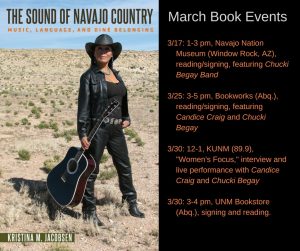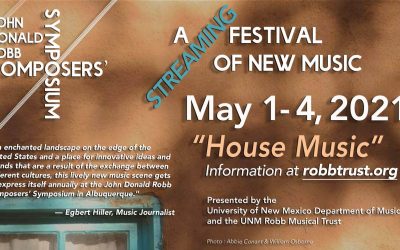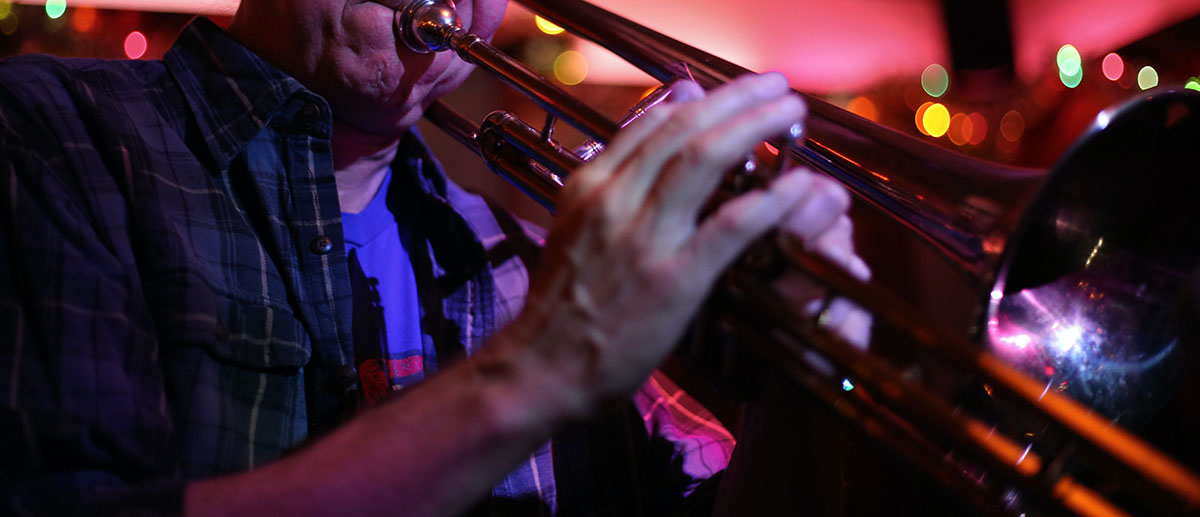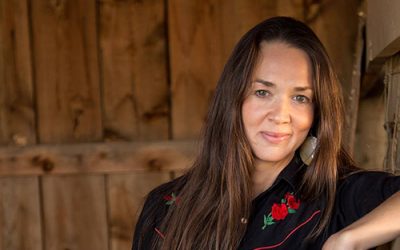 Based on 2 ½ years of singing and playing with Navajo county western bands, her book, The Sound of Navajo Country: Music, Language and Diné Belonging (forthcoming March 13th, 2017, University of North Carolina Press), examines cultural intimacy and generational nostalgia on the Navajo (Diné) Nation (click here for brief interviews in English and Italian about her research). This book is the first in a series, Critical Indigeneities, edited by J. Kēhaulani Kauanui and Jean M. O’Brien and focusing on contemporary indigenous experience and critical theory. Her research interests include: music and language, anthropology of the voice, politics of authenticity, indigeneity and belonging, music of Native North America, Sardinia and the Appalachian mountains, race and musical genre, music as cultural performance, indigenous language revitalization and U.S. working class expressive cultures. Together with Kerry F. Thompson (Diné), she has a forthcoming article on the recent Navajo Nation presidential election and language fluency debate, titled “The Right to Lead: Language, Iconicity Diné Presidential Politics. Recent articles include “Radmilla’s Voice: Music Genre, Blood Quantum and Belonging on the Navajo Nation” (Cultural Anthropology, 2014) and “Rita(hhh): Placemaking and Country Music on the Navajo Nation” (Ethnomusicology, 2009).
Based on 2 ½ years of singing and playing with Navajo county western bands, her book, The Sound of Navajo Country: Music, Language and Diné Belonging (forthcoming March 13th, 2017, University of North Carolina Press), examines cultural intimacy and generational nostalgia on the Navajo (Diné) Nation (click here for brief interviews in English and Italian about her research). This book is the first in a series, Critical Indigeneities, edited by J. Kēhaulani Kauanui and Jean M. O’Brien and focusing on contemporary indigenous experience and critical theory. Her research interests include: music and language, anthropology of the voice, politics of authenticity, indigeneity and belonging, music of Native North America, Sardinia and the Appalachian mountains, race and musical genre, music as cultural performance, indigenous language revitalization and U.S. working class expressive cultures. Together with Kerry F. Thompson (Diné), she has a forthcoming article on the recent Navajo Nation presidential election and language fluency debate, titled “The Right to Lead: Language, Iconicity Diné Presidential Politics. Recent articles include “Radmilla’s Voice: Music Genre, Blood Quantum and Belonging on the Navajo Nation” (Cultural Anthropology, 2014) and “Rita(hhh): Placemaking and Country Music on the Navajo Nation” (Ethnomusicology, 2009).
 Kristina Jacobsen holds a PhD in Cultural Anthropology from Duke University, the MPhil in Ethnomusicology from Columbia University, a Master’s in Ethnomusicology from Arizona State University, and a Bachelor’s degree in Music (flute performance) and History (concentration: Native North America).
Kristina Jacobsen holds a PhD in Cultural Anthropology from Duke University, the MPhil in Ethnomusicology from Columbia University, a Master’s in Ethnomusicology from Arizona State University, and a Bachelor’s degree in Music (flute performance) and History (concentration: Native North America).
THE JOHN DONALD ROBB COMPOSERS’ SYMPOSIUM 2021 “HOUSE MUSIC”
THE JOHN DONALD ROBB COMPOSERS’ SYMPOSIUM 2021 “HOUSE MUSIC”STREAMING FESTIVAL OF NEW MUSIC May 1 – May 45 – 8:30 PM Since 1972, the internationally renowned symposium has brought composers and musicians from around the world to UNM for a series of public concerts and...
Dr. Karl Hinterbichler receives the Ken Hanlon Award from International Trombone Association
Dr. Karl Hinterbichler receives the Ken Hanlon Award from International Trombone Association The Kenneth Hanlon Award recognizes an individual that contributes greatly to the InternationalTrombone Association (ITA) and the trombone world with a spirit of generosity...
Dr. Kristina Jacobsen wins award for an article
Dr. Kristina Jacobsen wins award for an article The article ‘Don’t Even Talk to Me if You’re Kinya’áanii [Towering House]’: Adopted Clans, Kinship, and ‘Blood’ in Navajo Country” was awarded “the most thought-provoking article in Native American and Indigenous Studies...



